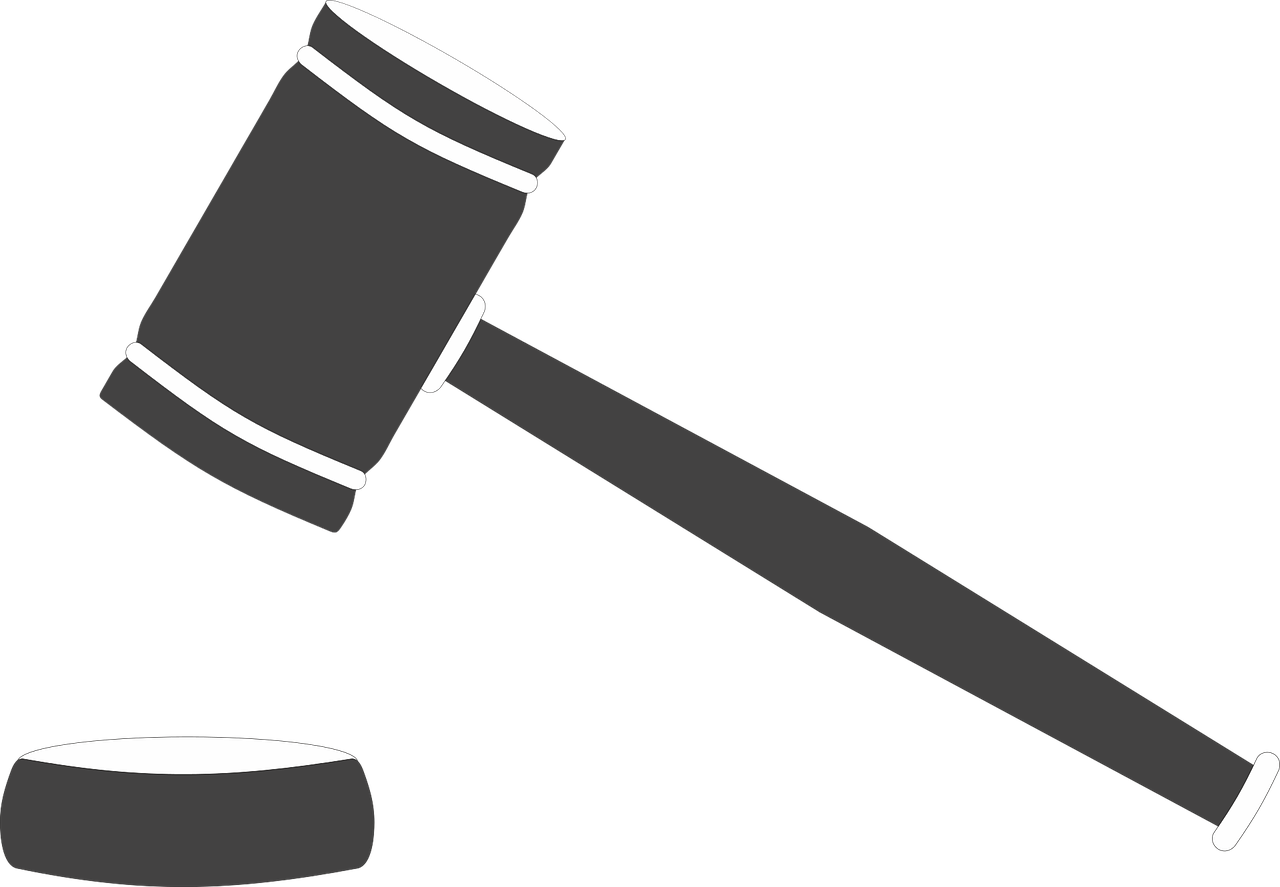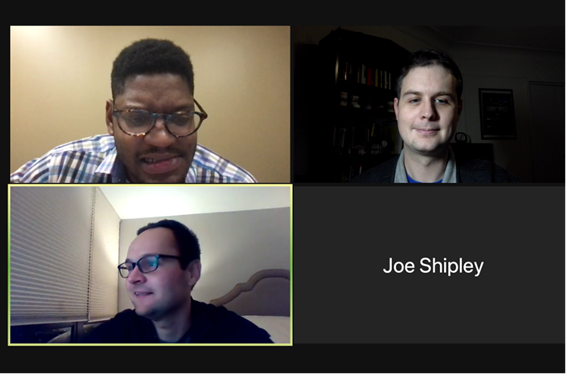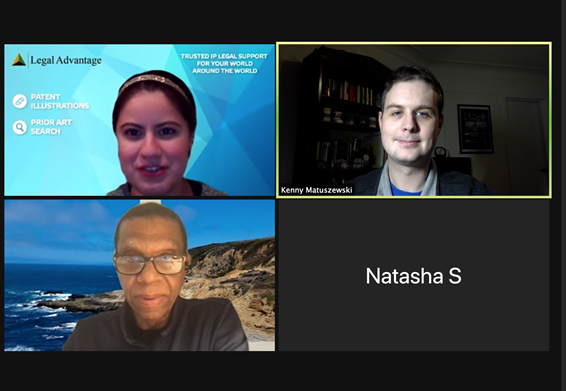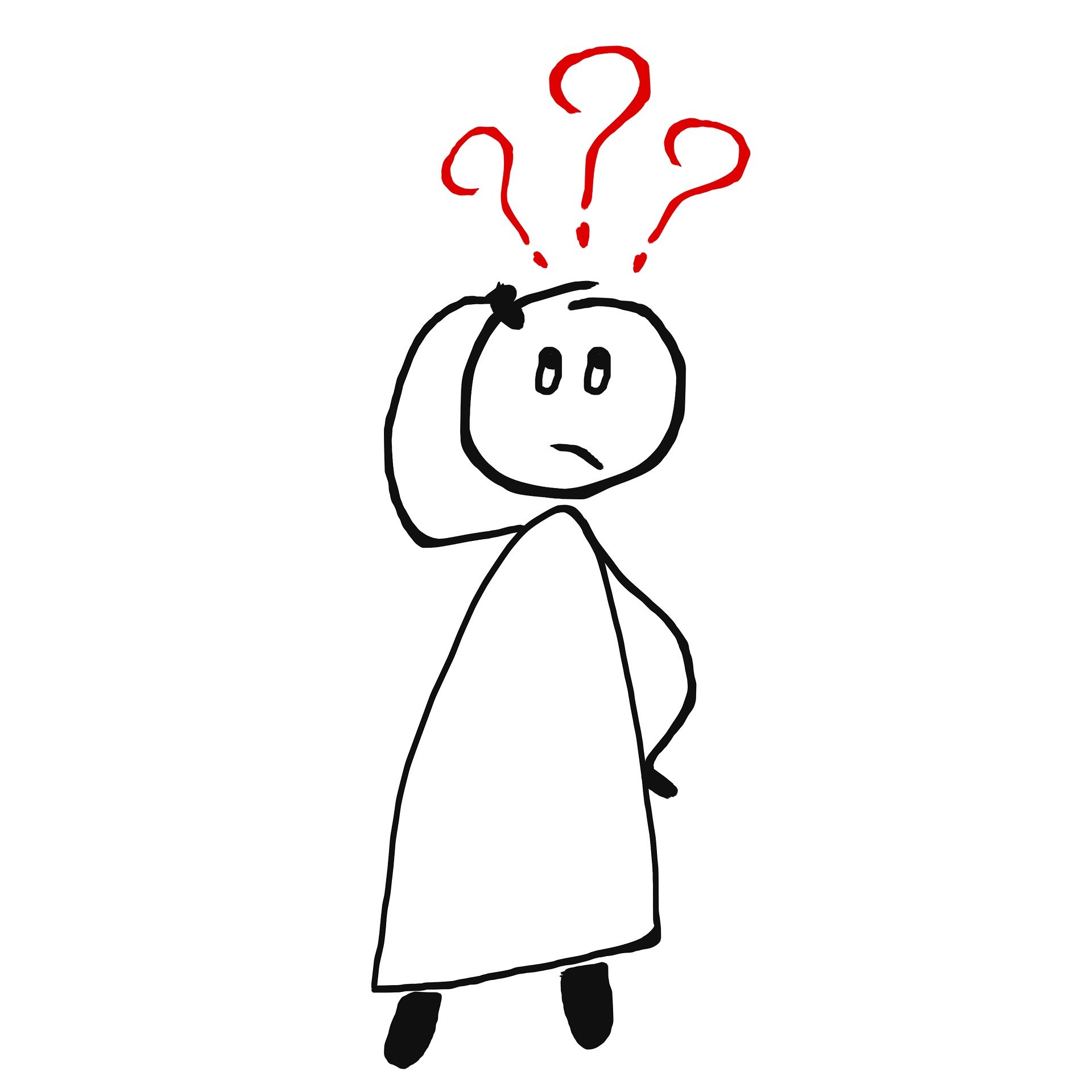IPLAC Newsletter – January 2021
 |
|
President’s Corner – New Year, New IP Agency Leadership Expected, and New Lombardi Trophy Winner
Dear IPLAC Members and Friends,
With this first issue of 2021 of the IPLAC Newsletter, we are settling down into the New Year, and anxiously awaiting the impact of the periodic changeover in Washington, D.C. For some, it is anxiety inducing; for others, an opportunity for a sigh of relief. While I have one eye on the happenings in Washington – for example, who will be the new leader at the U.S. Patent and Trademark Office – I have another eye on the number one event this time of year: the Super Bowl®, the likely highest-valued trademark in the sports industry. The economic impact of the “Big Game” is in the tens of billions of dollars, and even more when accounting for lost employee productivity. Indeed, the value of intellectual property and intangible assets now dominate our economy. Intangible assets, such as IP and good will, reportedly comprise about 85% of the value of the S&P 500 or about $27 Trillion. The Google trademark has been ranked by one expert as the highest-valued trademark, at over $44 Billion, which was about 33% of the company’s market capitalization. The highest patent infringement damages award of $2.5 Billion pales in comparison. All of this leads to one conclusion: Intellectual Property is very important, and being a member of IPLAC is at the center of it all.
Here are a few upcoming IPLAC events that I encourage you to attend to help place you at the center of it all and learn more:
- Fireside Chat with Judge Kathleen O’Malley on Jan. 28th
- IPLAC Break Time – Ask Me Anything on Feb. 4th
- Careers in IP for STEM Students on Feb. 8th
- IPLAC – JPAA Joint Networking Event on Artificial Intelligence on Feb. 17th
- Self-Defense Class on Feb. 23rd
- Drafting U.S. Applications with Foreign Filings in Mind and Responding to Foreign Office Actions, on Feb. 26th
Shifting gears back to Washington, D.C., although intellectual property tends to be non-partisan, the heads of the U.S. Patent and Trademark Office, Copyright Office, and other federal agencies involved with the IP ecosystem are often replaced when a new presidential administration takes over. The above economic value of intellectual property highlights the importance of having good leadership at the helm.
Here is a bit of history I uncovered on www.uspto.gov when researching this article. The first full-time leader of the patent office was William Thorton, who had a longer tenure than any subsequent head of the patent office, from 1802 to 1828. He may best known for successfully pleading with British soldiers in 1812 to not burn down the patent office and all of the invention prototypes and models inside.
When I began practicing law, Bruce Lehman was appointed by President Bill Clinton to lead the U.S. Patent and Trademark Office from 1993 to 1998. He was reportedly the first openly gay man to be confirmed by the U.S. Senate. Lehman established the USPTO Patent and Trademark Museum. On every visit to the patent office (in the pre-pandemic era), I would stop in the museum to buy souvenirs to bring home to my kids.
Even Chicago had its influence at the USPTO, when former Chicago attorney Jon W. Dudas was appointed to lead the USPTO from 2004 to 2009. Before heading to Washington, Dudas practiced at Neal Gerber & Eisenberg. He was the first leader to make patent quality the hallmark of the USPTO strategic plan, and patent quality is still of utmost importance today.
David J. Kappos was appointed to lead the patent office by President Obama from 2009 to 2013. Kappos was previously head of IP at IBM, the largest patent customer of the USPTO. I credit him with single-handedly breaking the logjam and backlog of examinations due to the overzealous drive of his predecessor’s patent quality program. The number of patents issued to IBM yearly has nearly doubled since he came to the patent office, with 9,130 patents being granted in 2020.
Michelle K. Lee was appointed by President Obama and became the first female Director of the USPTO to be confirmed by the U.S. Senate (although there were two female Acting Directors who preceded her). Lee served from 2015 to 2017. She had worked as a computer scientist in the AI laboratory at MIT early in her career, and immediately prior to leading the USPTO was head IP counsel for Google. Lee was caught up guiding the USPTO through the perfect storm of subject-matter patent eligibility wrought by the Supreme Court decisions in Mayo and Alice.
Andrei Iancu was appointed by President Trump in 2017, having previously served as managing partner for a prominent IP litigation boutique. He made resolving the patent eligibility question with a more predictable framework for patent examiners a priority of his early administration.
The next Director of the USPTO will have much to do: guide the nation’s IP policy through the maze of increasingly complex and new technologies, such as AI, personalized medicine, 5G, 6G, etc., quantum computing, human tech augmentation (i.e., cyborg and neuro-hacking), while balancing increasing demands for personal and data privacy. As the importance of IP in the growing economy takes higher prominence, and increasing numbers of patents are being awarded to foreign inventors, the U.S. is in a race to maintain our global technological leadership. The next Director of the USPTO can have a big impact in that race, as can IPLAC and its members. IPLAC promotes improved IP laws, administration of justice, and the IP offices, by filing amicus briefs and submitting comments on proposed rulemaking. IPLAC promotes the education of its members and the public on IP. Get involved and help define your future.
 With warmest wishes to enjoy the Big Game, With warmest wishes to enjoy the Big Game,
Marc V. Richards
136th IPLAC President
[email protected] |
Get Involved in IPLAC Committees! Sign Up for Committees or Change Your Committee Assignments Here!
|
Member Publication Highlights
Congratulations to our IPLAC members who have recently published articles! If you have a recent or upcoming publication you would like us to mention in an upcoming newsletter, please contact Adam at [email protected].
- Cynthia M. Ho, Drugged Out: How Cognitive Bias Hurts Drug Innovation, 51 San Diego Law Review 419 (2014), recently featured on Patently-O, and available here for download;
- Marc V. Richards & Scott Ilhwan Yoo, The uncharted path for patenting Artificial Intelligence in the US, The Patent Lawyer 18 (2021), available here for download.
|
IPLAC Break Time – Ask Me Anything
|
 |
On Thursday, February 4, 2021, at 12 PM Central time, come for a quick break to say hi to your friends or to meet new ones in this Ask Me Anything virtual meeting! Meeting is free for members and non-members.
Register here.
|
Introduction to Patent Pro Bono Programs at the USPTO and in Illinois

This event will take place on Tuesday, February 16, 2021 at 12 PM Central time, and will provide an overview of the USPTO’s Patent Pro Bono Program across the country, the Chicago-Kent Patent Hub, Illinois’ Patent Pro Bono Hub, and tips and tricks on how to successfully handle a patent pro bono matter. Please register here.
|
Patenting AI Inventions in Japan and the US
The International Relations Committee invites all IPLAC members to join us for
a collaboration with the Japan Patent  Attorneys’ Association (JPAA) to discuss Patenting AI Inventions in Japan and the U.S. The event will take place on Wednesday, February 17, 2021, at 6:00 pm in Chicago. One hour of CLE credit is anticipated. The panel of speakers will include Mr. Takeshi Iizuka, Mr. Okumura, and Ms. Atsuko Miura of Tokyo, and Ryan Phelan of Marshall Gerstein, in Chicago. The panel will be moderated by Daryl Lim, Professor of Law at the UIC John Marshall Law School in Chicago, and Patrick G. Burns, of Greer, Burns & Crain in Chicago. The agenda will include presentations about AI patents in Japan and in the US, and a panel discussion for questions and comments. A networking session will follow the seminar. No charge for IPLAC members who are current on their dues. Attorneys’ Association (JPAA) to discuss Patenting AI Inventions in Japan and the U.S. The event will take place on Wednesday, February 17, 2021, at 6:00 pm in Chicago. One hour of CLE credit is anticipated. The panel of speakers will include Mr. Takeshi Iizuka, Mr. Okumura, and Ms. Atsuko Miura of Tokyo, and Ryan Phelan of Marshall Gerstein, in Chicago. The panel will be moderated by Daryl Lim, Professor of Law at the UIC John Marshall Law School in Chicago, and Patrick G. Burns, of Greer, Burns & Crain in Chicago. The agenda will include presentations about AI patents in Japan and in the US, and a panel discussion for questions and comments. A networking session will follow the seminar. No charge for IPLAC members who are current on their dues.
Capacity is limited, so please register here soon.
|
Creator of the Year 2021 Nominations
Help us determine the Creator of the Year 2021! The IPLAC Creative Achievement Award honors those who have made a significant creative work or works protected by patents, trademarks, or copyrights. Most or all of the creative activity must have occurred in the Chicago metropolitan area. The winner(s) will be honored at IPLAC’s annual meeting in May 2021, and will be presented with a plaque in recognition of the award. Access the nomination form here.

Recent past winners of the IPLAC Creative Achievement Award include:
2018 Creator Dale N. Gerding M.D.
2017 Creator James McCambridge
2016 Creator John Nix
2015 Creator Lawrence M. Kaplan
2014 Creator Douglas U. Mennie
2013 Creator Gregory B. Olson Sc.D.
2012 Creator Scott Turow
2011 Creator Kraft Foods
|
IPLAC Files Amicus Brief with Supreme Court in Arthrex v. Smith & Nephew
On December 2, 2020, the Amicus Committee prepared and filed an amicus brief on behalf of IPLAC. Special thanks to John Linzer and Judy He who spearheaded the drafting. A copy of the brief can be found here. The questions presented are:
1. Whether, for purposes of the Appointments Clause, U.S. Const. Art. II, § 2, Cl. 2,
administrative patent judges  of the U.S. Patent and Trademark Office are principal officers who must be appointed by the President with the Senate's advice and consent, or "inferior Officers" whose appointment Congress has permissibly vested in a department head. of the U.S. Patent and Trademark Office are principal officers who must be appointed by the President with the Senate's advice and consent, or "inferior Officers" whose appointment Congress has permissibly vested in a department head.
2. Whether, if administrative patent judges are principal officers, the court of appeals properly cured any Appointments Clause defect in the current statutory scheme prospectively by severing the application of 5 U.S.C. 7513(a) to those judges.
IPLAC argued that the PTAB Judges are inferior officers under the plain reading of the statute, whose appointments were constitutional. As such, the second question is moot. Finding the PTAB judges unconstitutional could have unimaginable consequences on all decisions from the PTAB in the last 8 years.
About 30 amicus briefs were filed, roughly equally split on both sides of the issue. IPLAC’s position was in line with an amicus brief filed by AIPLA, the only other IP bar association submitting a brief. Oral arguments are set for March 1, 2021.
|
January 20th IPLAC Virtual Trivia Event: Everybody Won
On January 20th, the Mentorship Committee hosted the inaugural IPLAC event of 2021, a virtual trivia night! Taking advantage of the fresh start offered by both the day and the year, IPLAC members were able to test their intellectual property knowledge and apply it in a wide variety of contexts. While trivia started off with two teams, the teams joined forces for the third and fourth rounds in a tour de force. The night showed that when IPLAC members come together, everybody wins. Special thanks to Rachel Miller, Mentorship Committee Vice-Chair, for hosting the trivia night and developing the questions. If you are interested in learning more about IPLAC’s mentorship program and other initiatives to develop the next generation of intellectual property attorneys, please contact the Mentorship Committee Chair Kenny Matuszewski or Vice-Chairs Rachel Miller and Eric Moss.
 The Awesome IPLAC Team A worked together in Rounds 1 and 2 to excel! The Awesome IPLAC Team A worked together in Rounds 1 and 2 to excel!

The Bodacious IPLAC Team B used tactics such as screen-sharing to swiftly answer questions!

The IPLAC teams, with their powers combined, aced Rounds Three and Four!
|
Trivia Question
 Name the company that successfully leveraged its original design patent, which was issued in 1937, to show the required secondary meaning to acquire trade dress rights for its distinctive product packaging. The rights to the trade dress for this product, invented in 1886, were first negotiated in 1899. The trade dress, to become as now recognized, was updated in 1916 in Terre Haute, Indiana. Subsequently, the company soon acquired the design patent. To support its claim of secondary meaning, the company provided a survey showing that on average less than 1% of the American population in 1961 would not recognize the product – a feat of fame few trademarks, let alone trade dresses, can hope to acquire. Name the company that successfully leveraged its original design patent, which was issued in 1937, to show the required secondary meaning to acquire trade dress rights for its distinctive product packaging. The rights to the trade dress for this product, invented in 1886, were first negotiated in 1899. The trade dress, to become as now recognized, was updated in 1916 in Terre Haute, Indiana. Subsequently, the company soon acquired the design patent. To support its claim of secondary meaning, the company provided a survey showing that on average less than 1% of the American population in 1961 would not recognize the product – a feat of fame few trademarks, let alone trade dresses, can hope to acquire.
Answer: The company is Coca-Cola. Read more about Coca-Cola’s feat here.
|
IPLAC welcomes submissions of material for its e-newsletter.
Please forward information to Adam Sussman of Brinks Gilson & Lione.
|
|